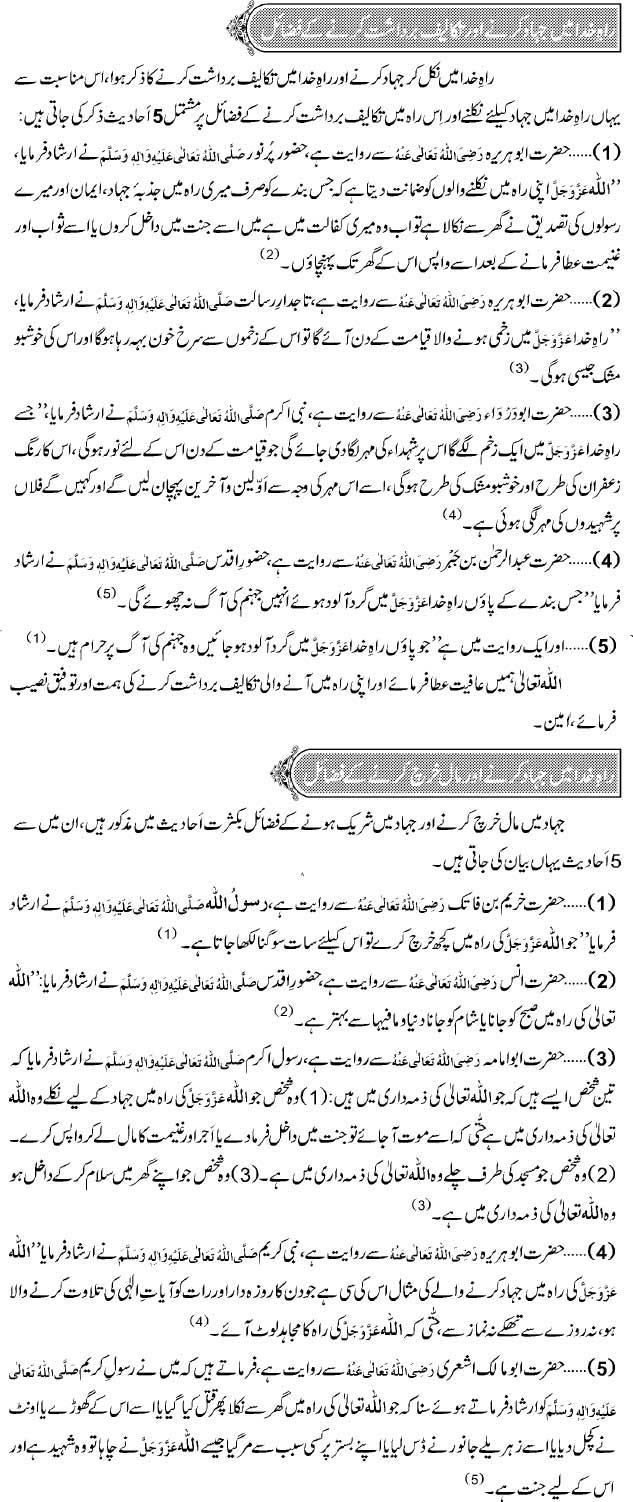Today is the day of Hajj. The climax of the journey, which pilgrims have been waiting for months, or even years. The Prophet (peace be upon him) said, “Hajj is Arafah.” (An-Nasaa’i)
Religion completed
Allah perfected His religion and completed His favor upon us on this day.
A Jew came to Umar Ibn Al-Khattab (may Allah be pleased with him) and said, “O Ameer Al-Mu’mineen, there is a verse in your Book which you recite; if it had come to us Jews, we would have taken that day as an Eid (festival).” Umar said, “Which verse?” He said:
“This day, I have perfected your religion for you, completed My Favor upon you, and have chosen for you Islam as your religion.” (Qur’an, 5:3).
Umar said, “We know on which day and in which place it was revealed to the Prophet (peace be upon him). It was when he was standing in Arafah on a Friday.”
Allah’s oath
Furthermore, Allah, Almighty, took an oath by the Day of Arafah in the Qur’an. Allah does not swear by anything except that it has a great virtue or importance.
“And by the witnessing day (i.e. Friday), and by the witnessed day (i.e. the Day of ‘Arafah)” (Qur’an, 85:3)
The Prophet (peace be upon him) said: “The promised day is the Day of Resurrection, the witnessed day is the Day of Arafah, and the witnessing day is Friday.” (Tirmidhi – classed as Saheeh by Al-Albani)
Fasting today
Fasting on this day is an expiation of sins of two years.
The Prophet (peace be upon him) was asked about fasting on the Day of Arafah. He said, “It expiates the sins of the previous year and of the coming year.” (Saheeh Muslim)
Fasting is recommended for those who are not performing Hajj. It is not Sunnah for the pilgrims to fast on the Day of Arafah, as the Prophet (peace be upon him) did not fast on this Day in Arafah. It was narrated that he forbade fasting on the Day of Arafah, while being in Arafah.
The covenant
Allah took the covenant from the progeny of Adam on the Day of Arafah.
The Prophet (peace be upon him) said: “Allah took the covenant from the loins of Adam in Na’maan, i.e., Arafah.
“And (remember) when your Lord brought forth from the Children of Adam, from their loins, their seed (or from Adam’s loin his offspring) and made them testify as to themselves (saying): ‘Am I not your Lord?’ They said: ‘Yes! We testify,’ lest you should say on the Day of Resurrection: ‘Verily, we have been unaware of this.’ Or lest you should say: ‘It was only our fathers afortime who took others as partners in worship along with Allah, and we were (merely their) descendants after them; will You then destroy us because of the deeds of men who practised Al-Batil (i.e. polytheism and committing crimes and sins, invoking and worshipping others besides Allah)?'” (Qur’an, 7:172-173)”
(Ahmad – classed as Saheeh by al-Albani)
There is no greater day than this and no greater covenant than this.
Freedom from Hell
Today is the day of forgiveness, freedom from the fire of Hell.
The Prophet (peace be upon him) said: “There is no day on which Allah frees more people from the Fire than the Day of Arafah. He comes close and expresses His pride to the angels, saying, ‘What do these people want?'” (Saheeh Muslim)
The Prophet (peace be upon him) said: “Allah expresses His pride to His angels at the time of Isha on the Day of Arafah, about the people of Arafah. He says, ‘Look at My slaves who have come unkempt and dusty.'” (Ahmad – classed as Saheeh by al-Albani





